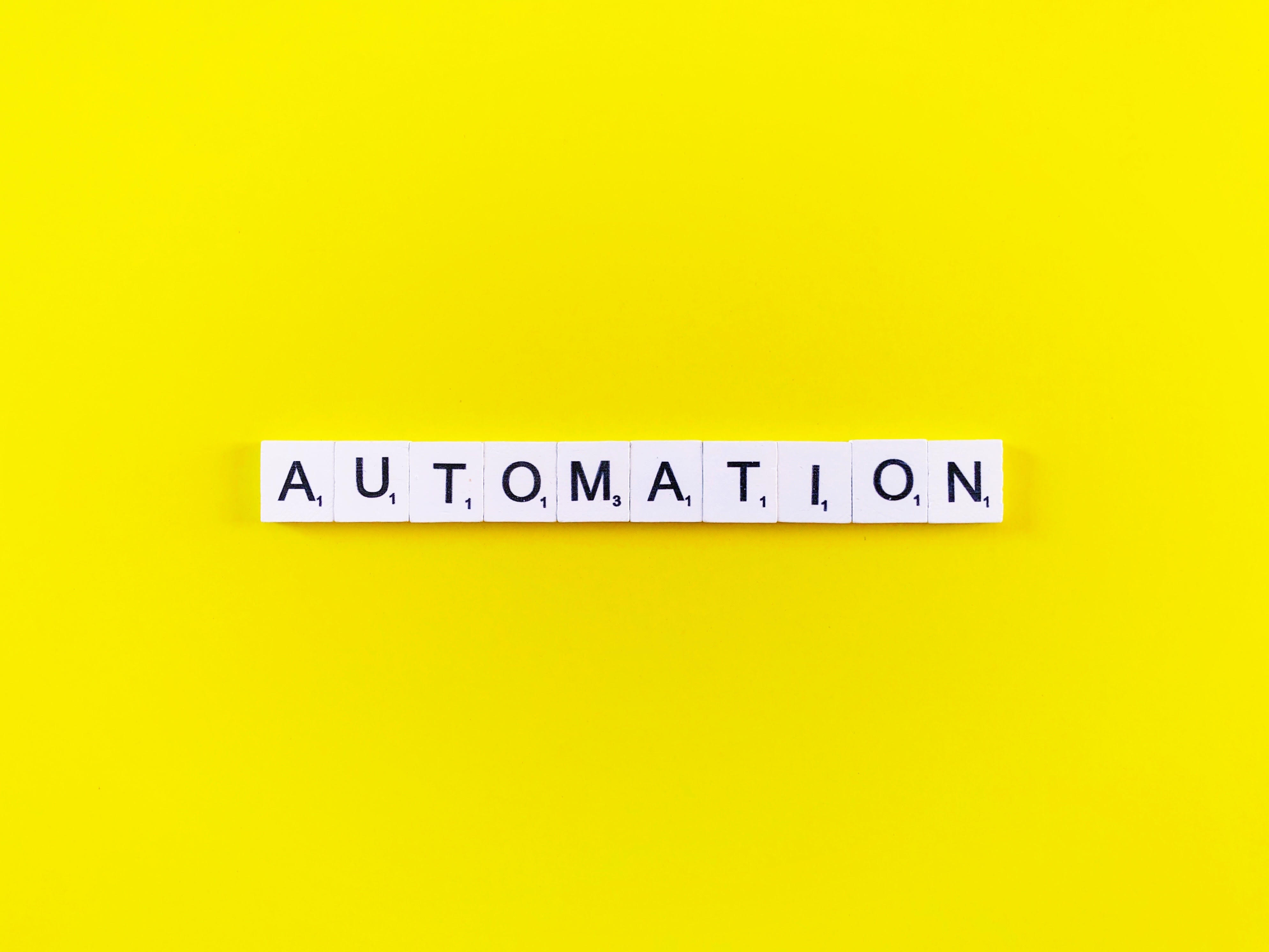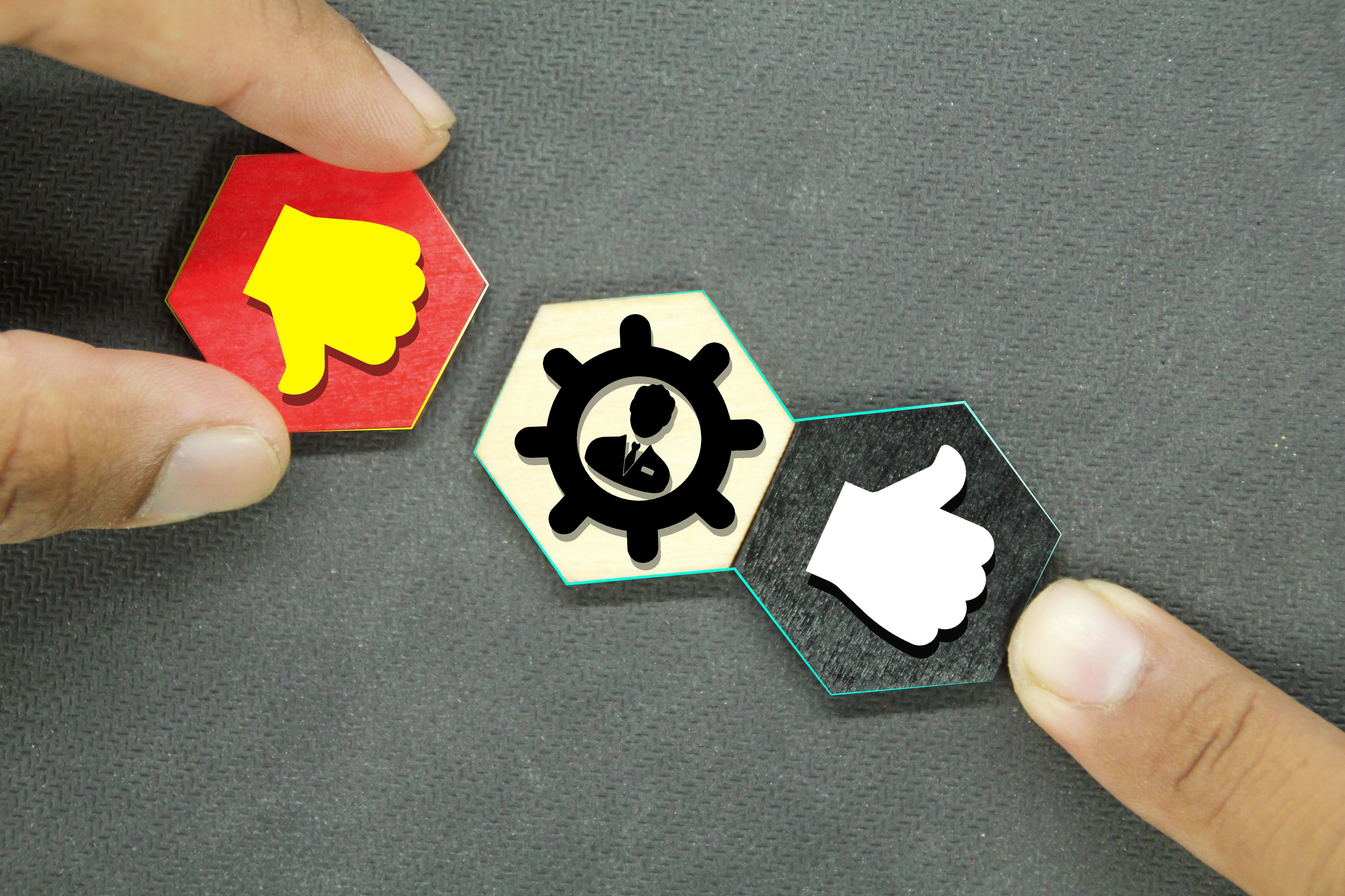Unlocking the Potential of ChatGPT for Marketing

What is AI?
AI, or artificial intelligence, is a type of computer science that creates intelligent machines that are capable of thinking and acting like humans. They have been designed to learn from their environment and experiences and use that knowledge to solve problems and answer questions. Specifically, ChatGPT is a branch of AI that uses a chat format and is accessible to the public. It can answer questions, give advice and ideas, and write essays based on prompts. The possibilities are endless.

What Can it Do?
Given its wide range of applications, it is helpful with marketing and making creative content. Its ability to quickly generate human-like text means you can use it to create material such as product descriptions, ad-copy, email campaigns, social media posts, and even concepts for videos. Additionally, you can ask it for help with finding angles, as it understands the AIDA, PAS, and EPIC models. All you have to do is ask it for ideas. For example, you could type “give me ad ideas for Eleyae Systems using AIDA” and it will give you multiple options that can be used for creative projects.

The use of ChatGPT will save creators time and effort because they don’t have to come up with ideas themselves. It has the potential to create high-quality and engaging content quickly and efficiently, which will help streamline the creative process. The information it gives can be edited and refined depending on the target audience and medium being used. This makes it a great tool that will help quickly generate creative content for brands.
Pros & Cons

There are several pros and cons to using a tool like GPT for marketing purposes.
Pros:
- GPT can generate large amounts of high-quality text quickly, which can be useful for creating a variety of marketing materials, such as blog posts, social media posts, and email campaigns.
- GPT is able to understand and respond to natural language inputs, which allows for more natural and engaging interactions with potential customers.
- GPT can be trained on specific industries or topics, allowing for more relevant and accurate responses to customer queries.
Cons:
- GPT is not able to understand the intent or context behind the text it generates, which can lead to inappropriate or irrelevant responses.
- GPT can sometimes generate text that is repetitive or nonsensical, which may not be suitable for use in marketing materials.
- GPT is a tool, it is not a substitute for human creativity, strategy and customer understanding.
- GPT is not able to understand and respond to emotions, which can be important in customer interactions.
All content used should be double-checked for accuracy as it is a relatively new tool and is not always up to date with its information. One more issue is that Chat GPT is a free tool (currently) and while this is awesome, its popularity has strained the tool and at times it is “down” or unavailable for use. Ultimately, whether or not GPT is a useful tool for marketing will depend on the specific use case and how it is integrated into a larger marketing strategy.




